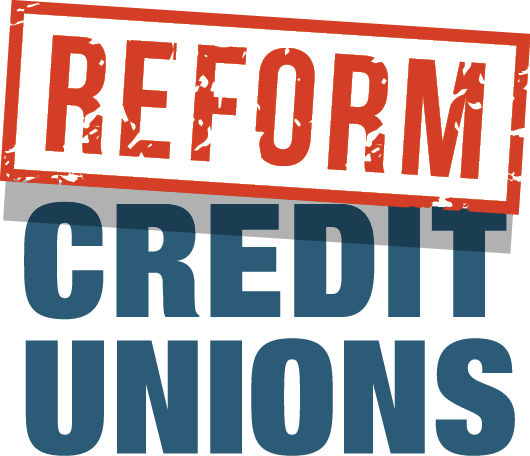Markets recognize a loophole when they see one, so it’s no surprise that the trend of large credit unions buying up banks is only accelerating, allowing credit unions to exploit their tax exemptions to expand their memberships, assets, and geographic reach well beyond the intent of Congress.
This is the sixth such deal announced in 2022 , and we are less than halfway through the year. This means six banks across the country will leave tax rolls and be folded into credit unions, organizations that do not pay any federal taxes.
The latest bank-grab is Wisconsin’s CoVantage Credit Union snapping up Illinois-based LincolnWay Community Bank’s assets and customer base. The purchase of $277 million LincolnWay will bring CoVantage to over $3 billion in assets. Not exactly your father’s Oldsmobile, right? More like his fully loaded, mint-condition Cadillac.
This is hardly a local credit union providing taxpayer-subsidized services to underserved communities. Instead, the strategy is obvious given LincolnWay’s proximity to the Chicago market. As bankingdive.com reports: “Chicago has served as a selling point for both banks and credit unions seeking to grow their footprint. Iowa-based GreenState Credit Union deepened its push into the nation’s third-largest market in October, agreeing to buy Midwest Community Bank and its subsidiary, Blueleaf Lending.”
Bankingdive.com reports that LincolnWay would be the seventh community bank in Illinois to be bought by a credit union in the past few years.
Large credit unions will argue that buying community banks is all about furthering their mission of putting people before profit. That doesn’t pass the blush test. Bank-buying is about using the billions they do NOT pay in federal income taxes every year to fuel membership and asset growth. For the millions of American taxpayers waiting for even a modest IRS refund, it must be frustrating to know that multi-billion-dollar financial institutions are exempt from paying federal income taxes altogether.
Communities where these taxpayer-subsidized takeovers are happening should also be aware that credit unions aren’t even held to the same regulatory requirements as banks when it comes to serving their communities. For example, credit unions are exempt from the Community Reinvestment Act, meaning they don’t have to demonstrate their commitment to serving low- and moderate-income communities. That fact is particularly troubling when you realize that’s why Congress created credit unions in the first place.
Credit union regulators and lawmakers in Washington and around the country need to focus on and put a swift end to this brazen cash-grab by America’s largest credit unions. The best way to do so, of course, would be to require credit unions to pay their fair share in taxes and adhere to the same regulatory requirements as banks.
If that happens, credit unions would be reformed.
